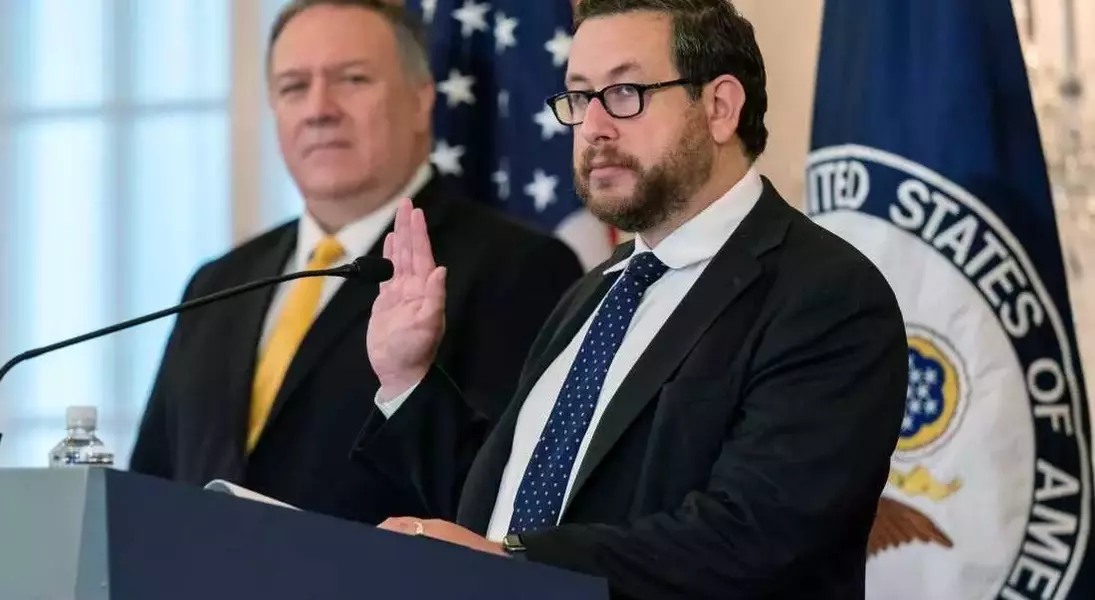
Navigating the Evolving Landscape of Immigration Benefits
A New Era for Public Charge Regulations
The U.S. Citizenship and Immigration Services (USCIS) has initiated a move to expand the existing "public charge" doctrine, a policy framework that allows immigration officials to deny green cards or visas to individuals deemed likely to become primarily dependent on government assistance. This proposed rule, set to be formally published in the Federal Register, signifies a departure from the previous administration's more lenient approach and could dramatically alter the criteria for obtaining legal status in the United States.
Impact on Immigrant Communities and Public Services
Under the revised regulation, a wider array of public benefits, encompassing both federal and state-funded social and health programs, could be factored into immigration determinations. This includes vital safety net provisions such as the Supplemental Nutrition Assistance Program (SNAP) and various Medicare offerings. Advocates express deep concern that such an expansion could deter eligible immigrants, including families with U.S. citizen children, from accessing necessary support, thereby jeopardizing their health and overall stability.
Shifting Political Narratives and Their Consequences
This policy adjustment aligns with broader political discussions surrounding immigration and public welfare, frequently fueled by unsubstantiated claims regarding the misuse of public benefits by immigrant populations. While current data indicates a minimal correlation between immigration status and benefit overpayments, recent legislative actions have already imposed stricter limitations on healthcare access and food assistance for many lawfully present immigrants. The proposed rule further intensifies these restrictions, potentially impacting those with humanitarian protections.
Historical Context and the 'Chilling Effect'
The concept of "public charge" has a contentious history, with previous administrations implementing similar, far-reaching policies. Notably, a prior expansion during the Trump administration led to a "chilling effect," where immigrants, fearful of jeopardizing their legal standing, avoided seeking medical care and other essential services, even during critical periods like the COVID-19 pandemic. This new proposal risks re-establishing such an environment of fear and uncertainty within immigrant communities, potentially undermining public health initiatives and community well-being.
Looking Ahead: Implications for Immigrant Well-being
As the proposed rule moves towards implementation, its full implications for immigrant families and the broader societal fabric remain a subject of intense debate. The balance between promoting self-sufficiency and ensuring access to fundamental human needs for all residents, regardless of immigration status, will be a critical challenge for policymakers and advocacy groups alike. The future of immigration policy and its impact on vulnerable populations hinges on the resolution of these complex and deeply human considerations.
